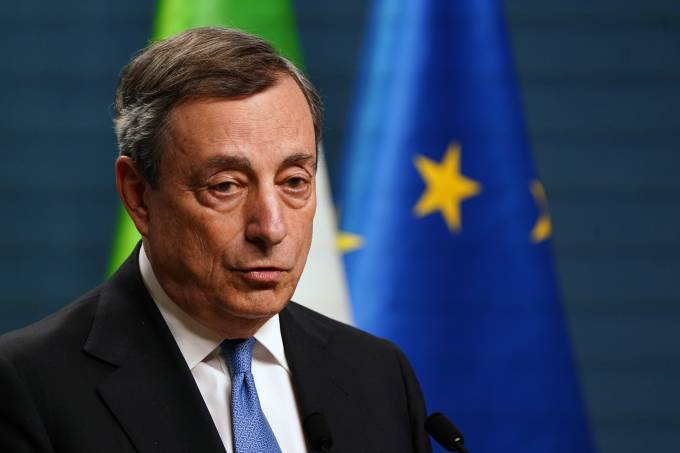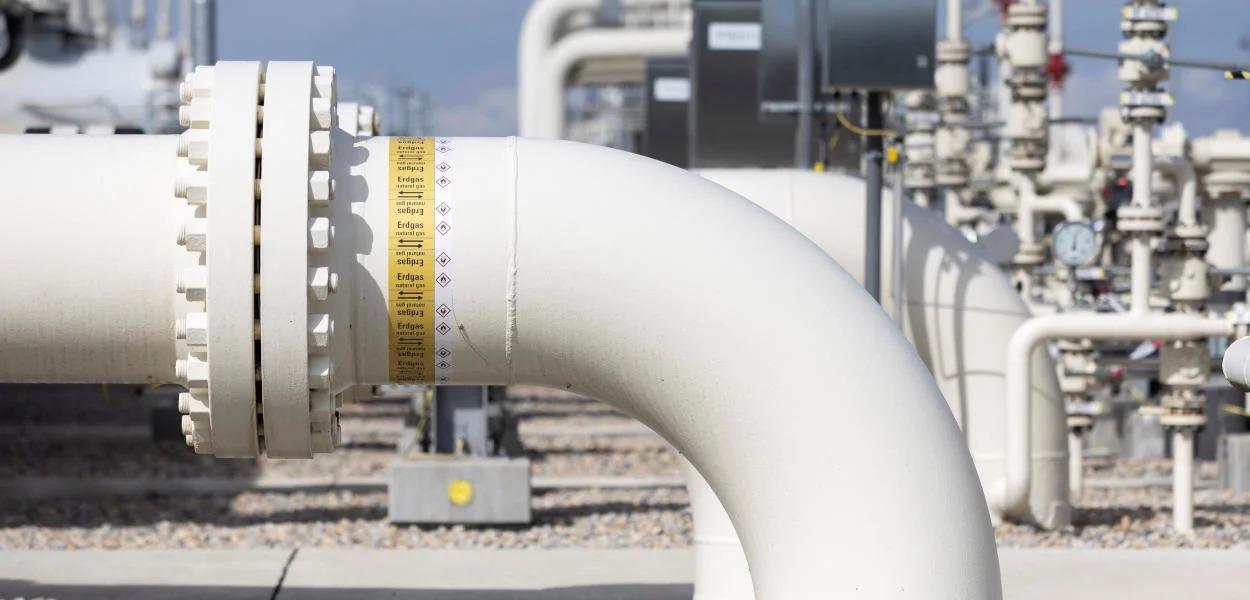Italian Prime Minister Mario Draghi will announce his resignation on Thursday, hours after populist coalition partner 5 Star Movement withdrew support in a confidence vote.
The former head of the European Central Bank has led a unity government since February 2021, when he succeeded Giuseppe Conte. He became Italy’s sixth prime minister in ten years.
In a statement, Draghi said the pact of trust that supported the unity government was gone.
“I will submit my resignation to the President of the Republic this evening,” he declared.
Draghi survived a no-confidence vote in the Italian Senate on Thursday, but his government’s future became uncertain as the populist 5-Star Movement, a key coalition ally, boycotted the vote. The Prime Minister had already declared that he had no intention of governing without them.
The 5 Star Movement has been criticized for opposing a bill that, among other things, would allow Rome to build a garbage incinerator outside the city to deal with its massive garbage problems. Other elements of the bill include a reduction in gasoline and diesel taxes, as well as an exemption from utility bills for consumers.
Despite high-profile defections – such as Foreign Minister Luigi di Maio, who left the party to form his own party – leader Giuseppe Conte has refused to budge on the issue.
Although the 5 Star Movement was the biggest winner in the 2018 elections, the organization lost parliamentarians and public support. Analysts say the party’s stance on the incinerator and Thursday’s vote were aimed at bolstering voter support.
Who is Draghi for Italy
Draghi’s role as prime minister helped stabilize Italy, as well as the country’s role in Europe. This is no small feat in two respects.
In terms of foreign policy and geopolitics, Draghi has emerged as a key figure on the European political scene as Russia’s invasion of Ukraine has increased pressure on the bloc to act.
Removing Draghi from office now risked “the destabilization of Europe”, criticized Antonio Saccone – an ally of former Prime Minister Silvio Berlusconi. Saccone thundered at members of the 5 Star Movement saying, “Would you do him a favor? (Russian President Vladimir) Cheese fries “.
Domestically, Draghi’s presence has benefited Italy – the eurozone’s third-largest economy – in the eyes of the European Union and the European Central Bank, which has tightened its monetary policy towards Italy due to its debt and its political instability.
Draghi, a well-known figure with a reputation for pragmatism rarely seen in Italian politics, was widely seen as a guarantee that Italy would abide by EU and banking rules.
He also managed to push through some of the reforms the bloc says must be implemented before providing 200 billion euros ($200 billion) in aid to the country for post-pandemic recovery. If he quits, that help may not materialize.
New elections?
Italians are due to go to the polls in early 2023, but Draghi’s departure could change that quickly. President Sergio Mattarella will be able to accept or reject the resignation, ask Draghi to address parliament with a formal vote of confidence in the government, or dissolve parliament and call an election as early as September.
Draghi enjoys the support of a wide range of political parties and almost all major players in the country. There is, however, one notable exception: the far-right Italian Brethren party, which is riding a wave of growing popularity. The eurosceptic nationalist party has asked Mattarella to dissolve the government and call new elections.

“Pop culture fan. Coffee expert. Bacon nerd. Infuriatingly humble communicator. Friendly gamer.”







